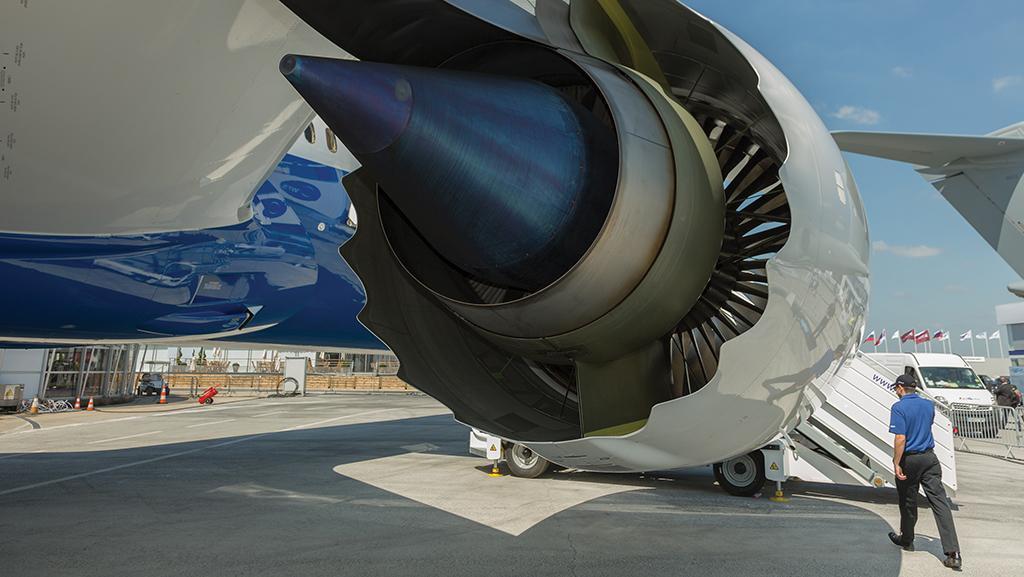
The Trent 1000 is one of a few new technology engines which have experienced teething problems in the past few years.
The most famous face in aircraft leasing has delivered a withering assessment of the maintenance record of new-technology engines.
Steve Udvar-Hazy, executive chairman of Air Lease, told the JP Morgan Industrials conference that while engine manufacturers had delivered on their promises about lower fuel burn, they had done so by pushing technology “to the outer end of the envelope.”
As a result, he said, maintenance costs across a range of new-technology engines are higher than predicted because the equipment is spending less time on wing than expected.
Exacerbating this problem is a lack of engine shop capacity, meaning that scheduled and unscheduled maintenance, and modifications, are taking longer to perform.
Udvar-Hazy noted that under Air Lease’s typical lease contract, when engine maintenance costs exceed the maintenance reserves that an airline has deposited with a lessor, the airline is obliged to make up the shortfall.
Two new-technology engines that were plagued by a litany of reliability issues have been the Pratt & Whitney Geared Turbofan and the Rolls-Royce Trent 1000, while the CFM Leap program has also come in for criticism over the past two years.
Sometimes, these problems were described as the type of teething issues common to the introduction of any new technology, but many years have passed now since service entry of the above engines.
Udvar-Hazy appears to be suggesting that the issue is more serious than a few early jitters--that reliability challenges are to some extent ‘baked’ in to the new technology.
If so, that’s bad news for airlines but a welcome tailwind for the maintenance market.

